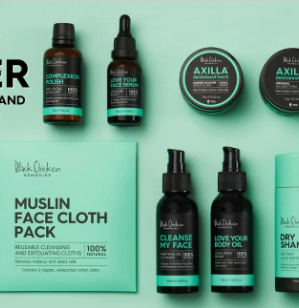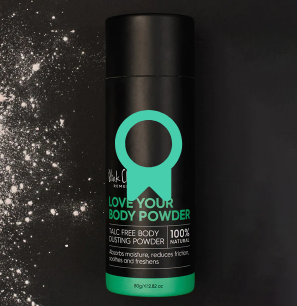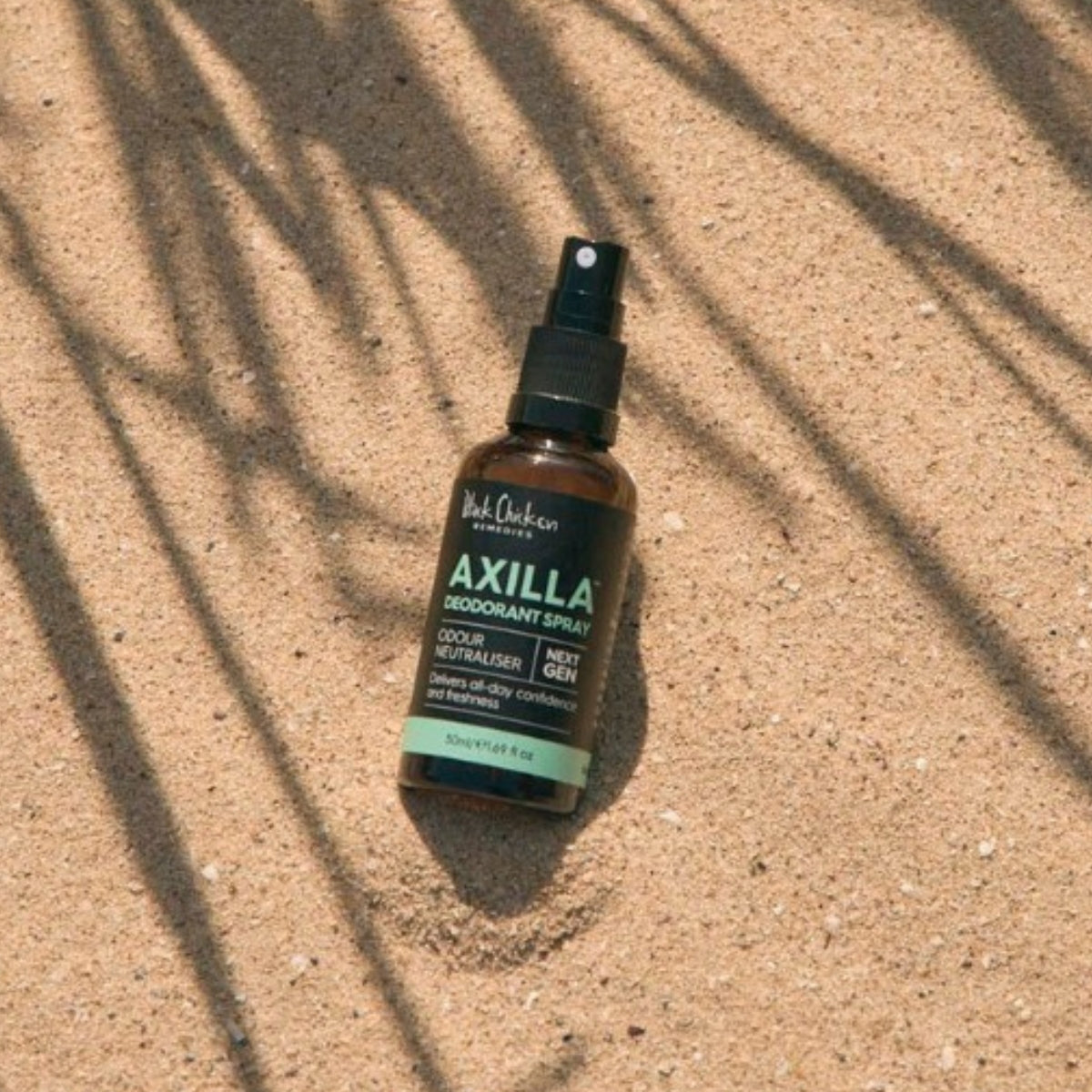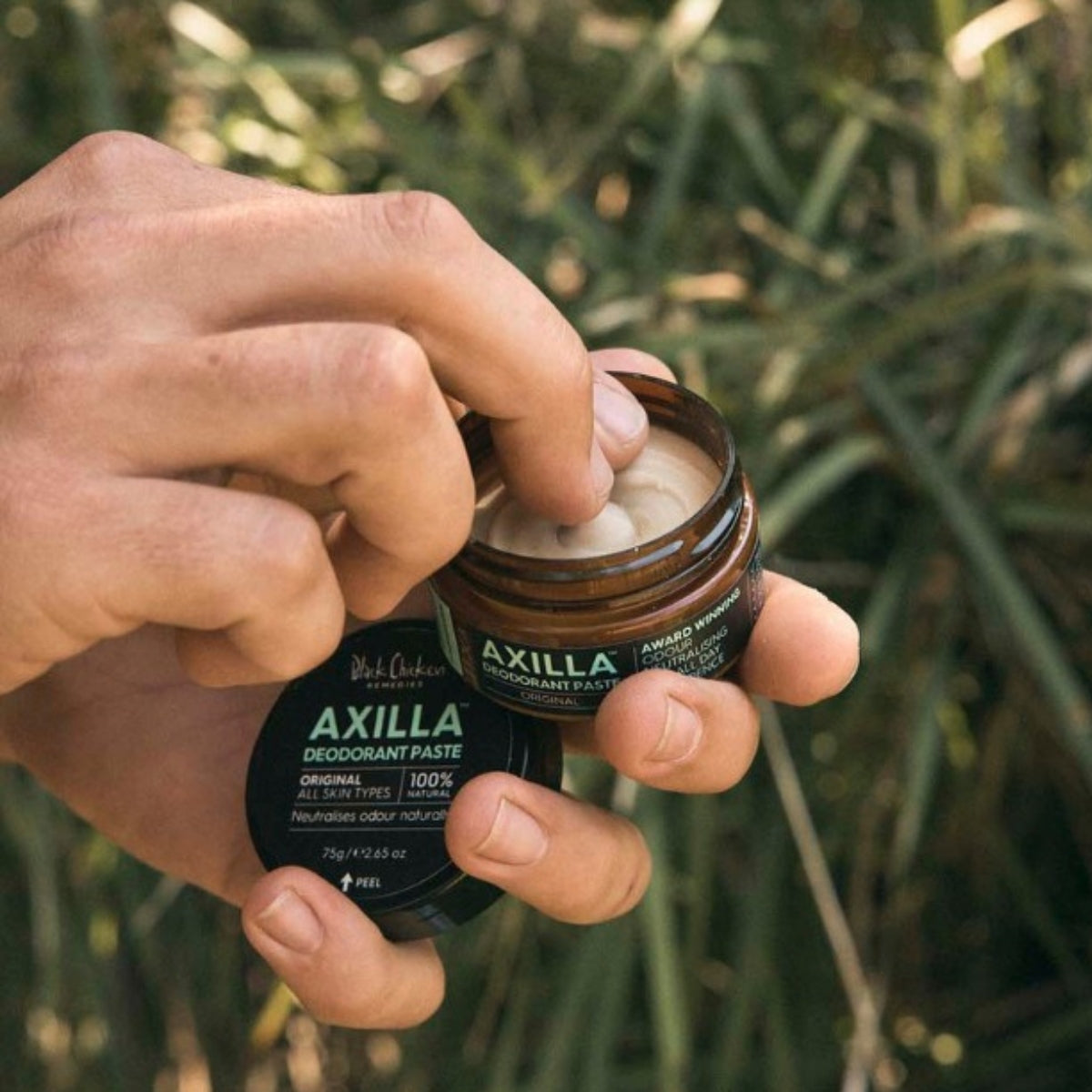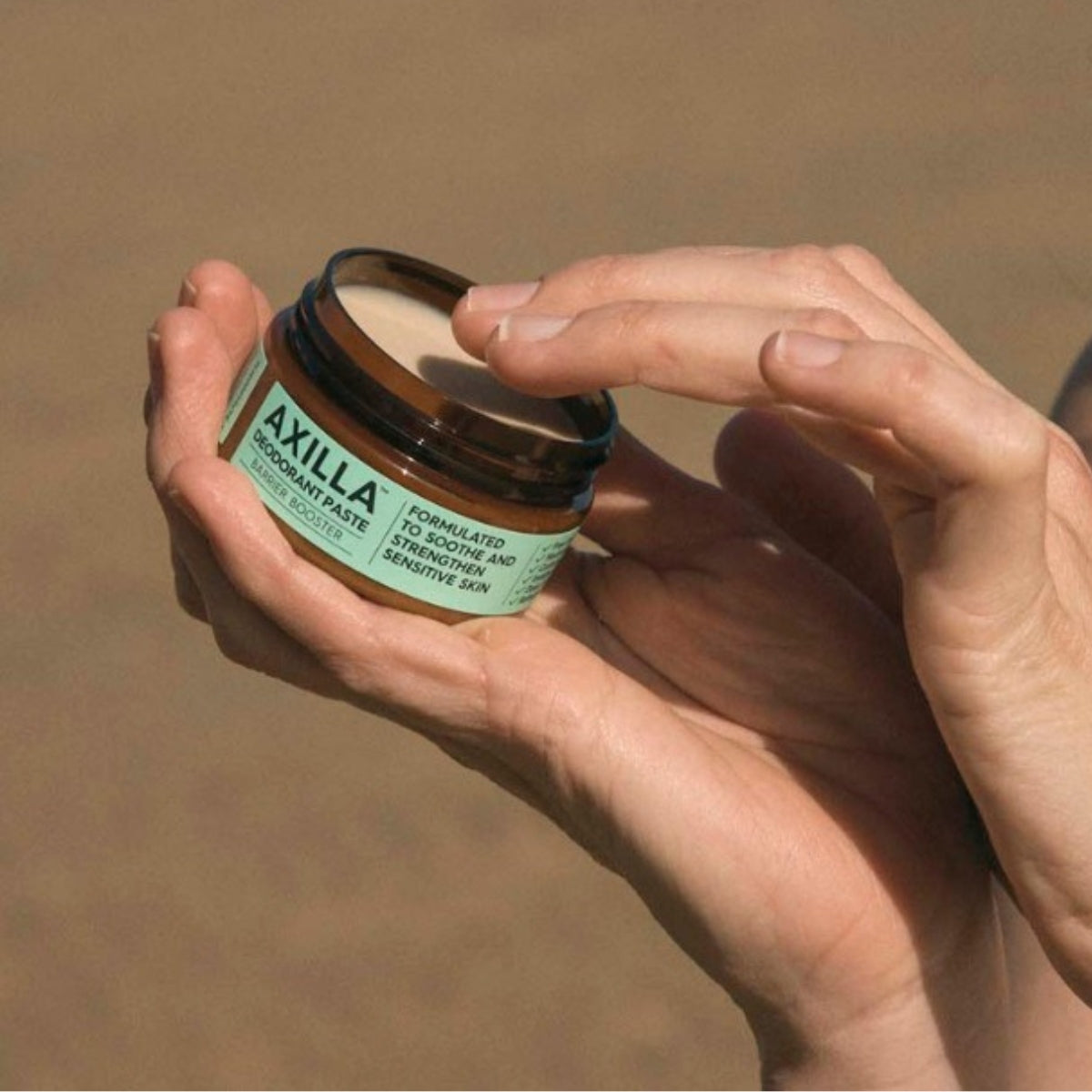Vitamin C is a cornerstone ingredient in natural skincare, known for its powerful antioxidant properties and its ability to brighten, firm, and protect the skin. However, not all Vitamin C serums are the same. Understanding the difference between water-soluble Vitamin C and oil-soluble Vitamin C will help you choose the best serum for your skin’s unique needs.
What is Water-Soluble Vitamin C?
Water-soluble Vitamin C, primarily in the form of ascorbic acid, is the traditional and widely used form of Vitamin C in skincare. It offers potent antioxidant protection and boosts collagen production, helping to brighten the skin and reduce signs of ageing. However, it comes with some limitations:
- Stability: Ascorbic acid is unstable and can degrade quickly when exposed to light, heat, and air.
- Irritation risk: Due to its acidity, it can sometimes cause redness or dryness, especially for sensitive skin.
- Penetration: It primarily affects the surface layers of the skin and may not penetrate deeply.
What is Oil-Soluble Vitamin C?
Oil-soluble Vitamin C, such as Ascorbyl Tetraisopalmitate, is a more stable, gentler form of Vitamin C that dissolves in oils instead of water. This allows it to better integrate with your skin’s natural oils, penetrate deeper, and provide longer-lasting benefits.
Benefits of Oil-Soluble Vitamin C
- Enhanced stability: Less prone to oxidation and degradation.
- Deeper skin penetration: Reaches deeper layers to stimulate collagen and repair.
- Gentle and hydrating: Suitable for sensitive, dry, and mature skin.
- Brightens and evens skin tone: Helps reduce pigmentation and promote radiance.
Which Vitamin C Should You Choose?
Your choice depends on your skin type and goals:
- Oily or acne-prone skin: Water-soluble Vitamin C may be preferred for its lightweight feel.
- Dry or sensitive skin: Oil-soluble Vitamin C is nourishing and less likely to irritate.
- Mature skin: Oil-soluble Vitamin C offers enhanced collagen support and anti-ageing benefits.
- First-time Vitamin C users: Start with oil-soluble Vitamin C for a gentler introduction.
How to Use Oil-Soluble Vitamin C
Our Vitamin C Serum – Rejuvenating Oil is formulated with oil-soluble Vitamin C to deliver deep nourishment and protection. To incorporate it into your routine:
- Cleanse your skin thoroughly.
- Apply a few drops of the serum to your face and neck, gently pressing it into the skin.
- Follow with your favourite moisturiser.
- Use daily, and always apply sunscreen during the day to protect your skin.
Why Choose Black Chicken Remedies’ Vitamin C Serum – Rejuvenating Oil?
This serum features a potent, stable oil-soluble Vitamin C that penetrates deeply without irritation. It supports collagen production, brightens your complexion, and nourishes dry or sensitive skin with no greasy residue. Plus, it’s free from water and glycerine, making it highly concentrated and effective.
Final Thoughts
Both water-soluble and oil-soluble Vitamin C serums have their place in skincare. Knowing the difference empowers you to pick the best one for your skin type and concerns. If you want gentle yet effective brightening and anti-ageing benefits with deeper skin penetration, oil-soluble Vitamin C is an excellent choice.
Discover the power of oil-soluble Vitamin C with our Vitamin C Serum – Rejuvenating Oil and give your skin the natural glow and nourishment it deserves.
Looking for a natural retinol alternative? Pair your skincare routine with our Natural Retinol Night Mask - a gentle, plant-based formula designed to smooth fine lines, boost collagen, and improve skin texture while you sleep. It delivers all the rejuvenating benefits of retinol, without the irritation, making it perfect for even the most sensitive skin.


